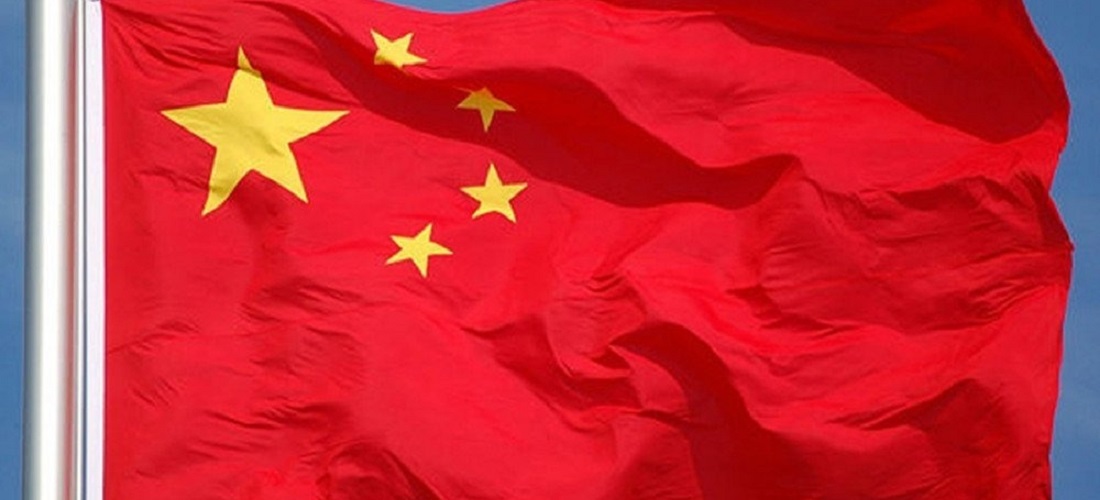
Brazil Records Unprecedented Trade Deficit with China Amid Export Slowdown
Feb, 17, 2025 Posted by Gabriel MalheirosWeek 202508
For the first time in recent trade history, Brazil began the year with an unexpected deficit in its trade balance with China, its top trading partner since 2009.
In January, Brazil posted a $583 million trade deficit with China, with Brazilian exports totaling $5.47 billion compared to $6.05 billion in imports, according to data from the Secretariat of Foreign Trade (Secex) under the Ministry of Development, Industry, Trade, and Services (MDIC).
Brazilian exports to China slipped 30% in January, reducing China’s share of total Brazilian exports from 24.7% in 2024 to 21.7% in 2025. In January 2024, exports had reached $7.89 billion—a 53.1% increase from January 2023—but declined to $5.47 billion this year.
The sharp reversal from a traditionally surplus-heavy trade balance to a deficit was driven by a steep drop in shipments of crude oil, iron ore, and soybeans. These commodities, which previously accounted for 80% of Brazil’s exports to China, represented just 61% in January 2025.
Crude oil: Exports totaled $1.58 billion, down 38% ($963 million), accounting for 29% of total shipments.
Iron ore: Shipments reached $1.43 billion, a 27% decline ($517 million), making up 26% of export volumes.
Soybeans: Saw the steepest drop at 68%, falling to $316 million—a $677 million decline—reducing its share of total exports to just 6%.
China Expands Exports to Brazil Despite Protectionist Measures
Despite the drop in Brazilian purchases, China increased its exports to Brazil by 19.6% in January, reaching $6.05 billion. As a result, China’s share of Brazilian imports grew from 24.7% in January 2024 to 26.1% this year.
Check below a historical overview of Brazil’s imports from China. Data from DataLiner:
China Imports | Jan 2021 – Dec 2024 | TEUs
Source: DataLiner (click here to request a demo)
José Augusto de Castro, president of the Brazilian Foreign Trade Association (AEB), forewarned that January’s numbers alone are insufficient to determine the outlook for the entire year.
“We need to monitor trade flows over the next three to four months to make a more accurate assessment of Brazil-China trade in 2025,” he said.
Castro also pointed to deep shifts in global trade dynamics, particularly the impact of tariffs imposed by U.S. President Donald Trump on America’s key trading partners. These measures have had ripple effects worldwide, including in Brazil.
China’s Protectionist Policies Raise Concerns in Brazil’s Agribusiness Sector
Brazil’s export slump comes amid protectionist measures introduced by China in early 2025.
In January, China’s General Administration of Customs (GACC) suspended soybean exports from five Brazilian processing plants, citing non-compliance with phytosanitary regulations. Brazil’s Ministry of Agriculture and Livestock (MAPA) expects exports to resume by March.
Brazilian meat exports have also been affected. China, the largest buyer of Brazilian beef, purchased 92,797 tonnes in January, generating $452 million in revenue—a slight decrease from the same period in 2024.
Additionally, in January, the GACC suspended meat imports from several countries, citing outbreaks of sheep and goat pox and foot-and-mouth disease reported by the World Health Organization (WHO). Affected countries include Ghana, Somalia, Qatar, the Democratic Republic of Congo, Nigeria, Tanzania, Egypt, Bulgaria, Timor-Leste, and Eritrea.
Germany was also added to the list due to foot-and-mouth disease detections, leading to a ban on imports of even-toed ungulates and related products. So far, Brazil has not been subject to these restrictions.
At the end of 2024, China’s Ministry of Commerce launched a comprehensive investigation into beef imports, which affected all exporting countries, including Brazil—one of the world’s largest beef suppliers.
Rising trade tensions between the United States and China, heightened after Donald Trump’s return to office, could reshape global agribusiness, with potential implications for Brazil.
The U.S. president has vowed to implement new protectionist measures against China, reigniting the trade war between the world’s two largest economies.
Brazil’s Minister of Agriculture, Carlos Fávaro, sees this scenario as an opportunity for Brazil to expand its presence in the Chinese market.
“We view the Trump administration’s actions as a potential opening. Brazil is well-positioned to produce competitively and meet this demand,” Fávaro said.
Pedro Lupion, president of the Parliamentary Front for Agribusiness (FPA) and a federal deputy for Paraná state, also sees possible gains for Brazil but urges caution:
“The tariffs imposed by the U.S. on China and the Chinese countermeasures could benefit our exports. However, we must remain vigilant, as Brazil also competes with the U.S. and could become a target of American protectionist policies,” Lupion warned in an interview with Jovem Pan.
Source: Agrofy News
Click here to access the original text: https://news.agrofy.com.br/noticia/206631/brasil-tem-deficit-comercial-com-china-pela-primeira-vez-na-historia-recente
-
Shipping
Jun, 17, 2022
0
Maritime freight costs to continue rising in the near future
-
Ports and Terminals
Oct, 04, 2023
0
Port of Santos Internal Railway Contract Commences with Major Expansion Plans
-
Other Logistics
Jan, 03, 2019
0
ANTT extends deadline for clarifications regarding the North-South Railroad (FNS) concession
-
Automotive
Jun, 26, 2024
0
Crisis in Argentina affects exports of Brazilian auto parts

